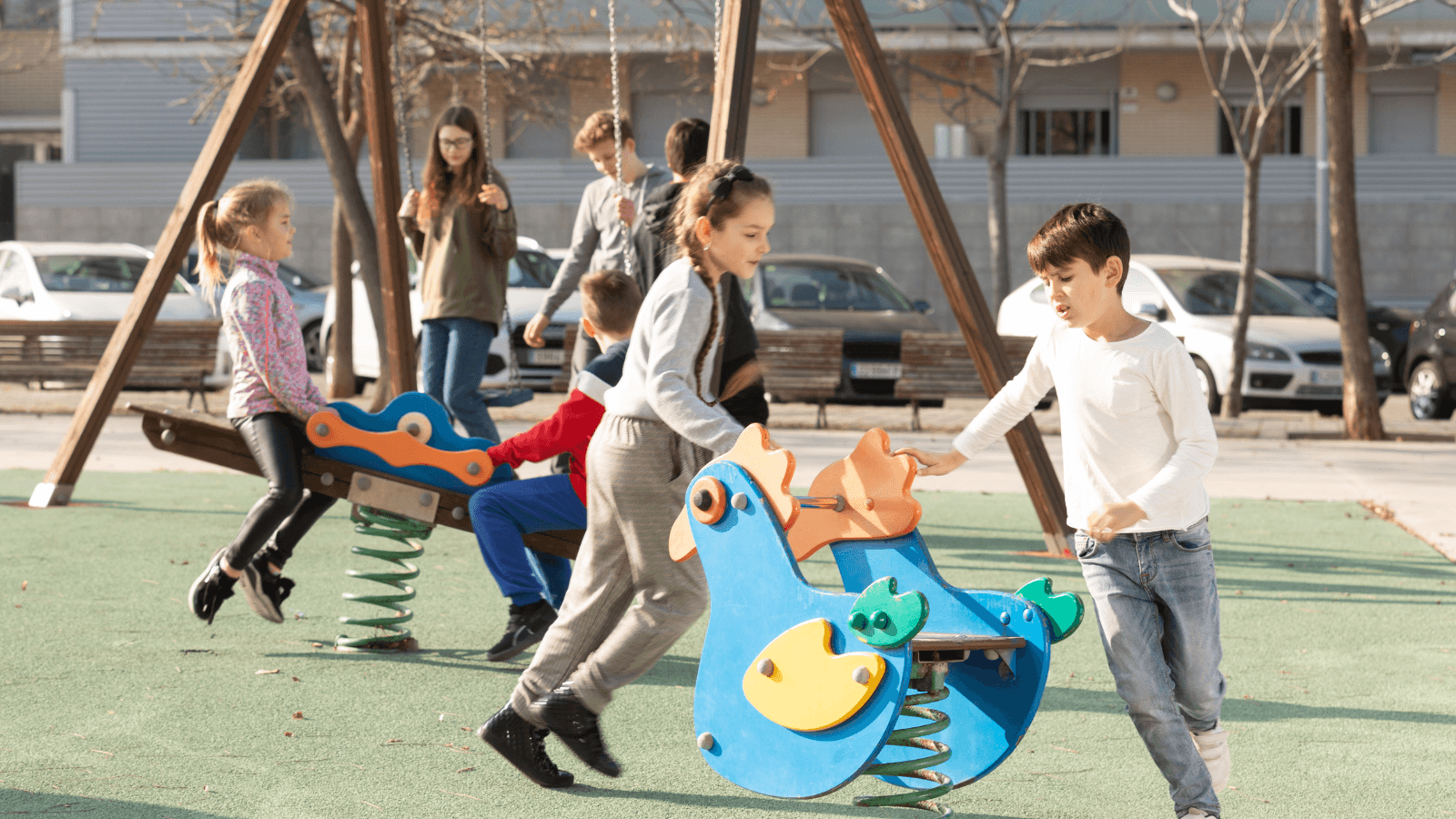
“Children are a gift from the Lord; they are a reward from him.” (Psalm 127:3) Children are our future, our gift and reward from God. Their life is precious and should be defended at all costs. As good neighbors, it is our responsibility to care for the gifts God has blessed us with. Last month, the University of Pittsburgh released a monumental medical study showing the risks that not only adults face, but also children, due to natural gas (methane) development. The purpose of the study was to explore the relationship between methane and particular health issues such as asthma and birth outcomes. And the results were as shocking as they were alarming.
Through analyzing the severity of asthma events, such as ER visits and/or hospitalization, and their proximity to a well, the asthma study examined children and adults between the ages of 5 and 90. Using a 10-mile radius as a buffer and control group, researchers found a relationship between asthma events and methane producing wells that magnified as distance approached the wells. A relationship between methane and birth weight was also observed by analyzing the number of wells, well activity, and gas infrastructure in correlation with 185,849 births between 2010 and 2020 that led to a discovery: as exposure increased, birth weight decreased. Low birth weight babies face a higher risk of death and illness shortly after birth and non-communicable disease during their life. They are also “20 times more likely to develop complications and die in comparison to normal weight babies” in addition to “the potential risk of cognitive deficits, motor delays, cerebral palsy, and other behavior and psychological problems.”
In the United States, more than 17.3 million people–including 3.9 million children–live, work, and attend school within a half mile health threat radius of active oil and gas production operations. In Pennsylvania alone, at least 310,896 kids face this hazard. As this medical study showed, toxic emissions from these sites are particularly harmful for children, pregnant women, and their unborn children. Additionally, methane has more than 80 times the warming power of carbon dioxide over the first 20 years after it reaches the atmosphere and is responsible for 25% of the human-produced warming we experience today. The higher temperatures we are seeing in the U.S. and around the world worsen smog and ozone, threatening adults and children with respiratory or cardiac issues and increase the spread of vector-borne diseases like Lyme Disease, which over the summer impacted my own family when my son was diagnosed with Lyme following a tick bite. Extreme heat waves kill more people than any other natural disaster. With longer, hotter, and more frequent heat waves on the rise, heat-related deaths are rising, too.
It is clear that stronger methane safeguards are critical for defending our children’s health and ensuring a safer climate future. Two easily implemented first steps would be to require drilling sites to be at least 1000 feet from schools, playgrounds, and homes. Secondly, change the bonding requirement, the amount a driller pays up front for closing down a well should they abandon it after its productive period ends, to at least the average well site restoration cost of $75,000 up from the current bond of around $2,500. This puts the greater burden on the well operator to clean-up their mess instead of walking away and sticking the burden on us, the PA taxpayer, and on our children whose health is threatened by the toxics that spill into our air, water, and soil from these abandoned wells that number in the 100,000’s in Pennsylvania alone. Join us in calling on Governor Shapiro and the Pennsylvania Legislature to defend our kids through greater drilling set-backs from schools, playgrounds, and homes and increased bonding levels that reflect the actual cost to restore a methane well. To be good neighbors means to care for God's creation and the children within it. Please take action and defend children’s health today!






